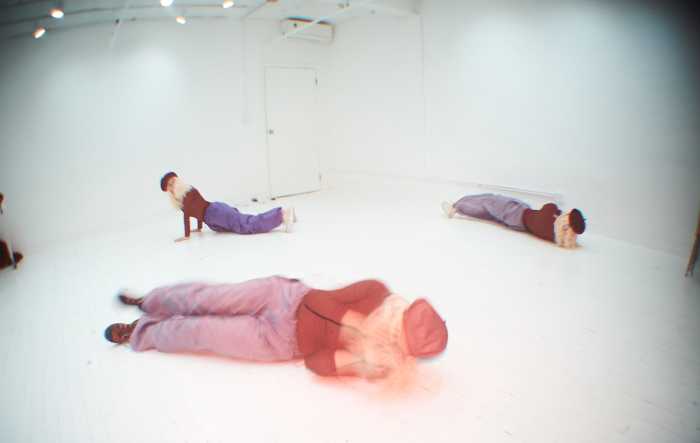Flights Pose Clot Threat To Passengers But New Device Can Diagnose Condition
Dr. Steven C. Garner, director of Brooklyn Queens Vascular Imaging Centers at Saint Vincent Catholic Medical Centers, said deep vein thrombosis, or deadly clots, can occur by prolonged airline flights. His warning came as holiday air travel reaches its peak this summer.
The medical specialist advises airline passengers to walk around the plane frequently and to exercise their legs often as they are seated.
Garner, who is also a senior vice president and chief medical officer of the Saint Vincent Catholic Medical Centers, has established an office at John F. Kennedy Airports hospital complex to screen passengers and flight personnel.
The JFK facility is just a few miles from the runways and is the largest and most complex airport health care system in the country, with a staff of 60 peoplemany of them multilinguala 24-hour schedule and 60,000 visits a year. The facility is located in Building 198 at JFK. The unit is operated by Saint Vincent Catholic Medical Centers.
The risk of clots developing is real, according to Garner, who notes that passengers crammed into economy class seating increasingly show up with deep vein thrombosis, potentially life-threatening blood clots that form from long periods of inactivity. He added that clots can be life-threatening when plaque breaks up and travels to the heart or brain.
Screenings to detect clot formation at three Catholic Medical Center sites use a non-invasive Venous Duplex device similar to ultra-sound. It can quickly and comfortably scan the deep and superficial venous system of upper and lower extremities to detect any evidence of clots developing. It is particularly useful in preventing strokes.
This equipment, operated by the radiology staff, is available at Catholic Medical Center units at Mary Immaculate Hospital, Rego Park and at JFK. Garner said that its facilities are the only ones of their kind in Queens that are accredited by the Intersocietal Commission for the Accreditation of Vascular Laboratories (ICAVL).
Dr. Russell Rayman, executive director of the Aerospace Medical Assoc. in Alexandria, Va., agreed that all passengers are at risk, particularly if they suffer from heart disease. "Being immobilized is the problem," Rayman said, referring to passengers strapped into their seats
The non-invasive vascular testing equipment offers several advantages to patients. It provides complete diagnostic information in cases of cerebro-vascular, venous and arterial disease. Tests performed can also spot carotid artery disease, diabetes, leg swelling and other conditions.
Garner said that immigrant groups including Russians living in Forest Hills and Rego Park risk strokes or as they are now called, brain attacks particularly if they smoke.
Garner said he regularly appears on Russian radio programs in New York City to alert patients about stroke prevention. "The equipment, which costs about $180,000, is also effective in diabetics who suffer leg pain."
For further information call (718) 558-2682 in Jamaica or (718) 896-5554 in Rego Park.































